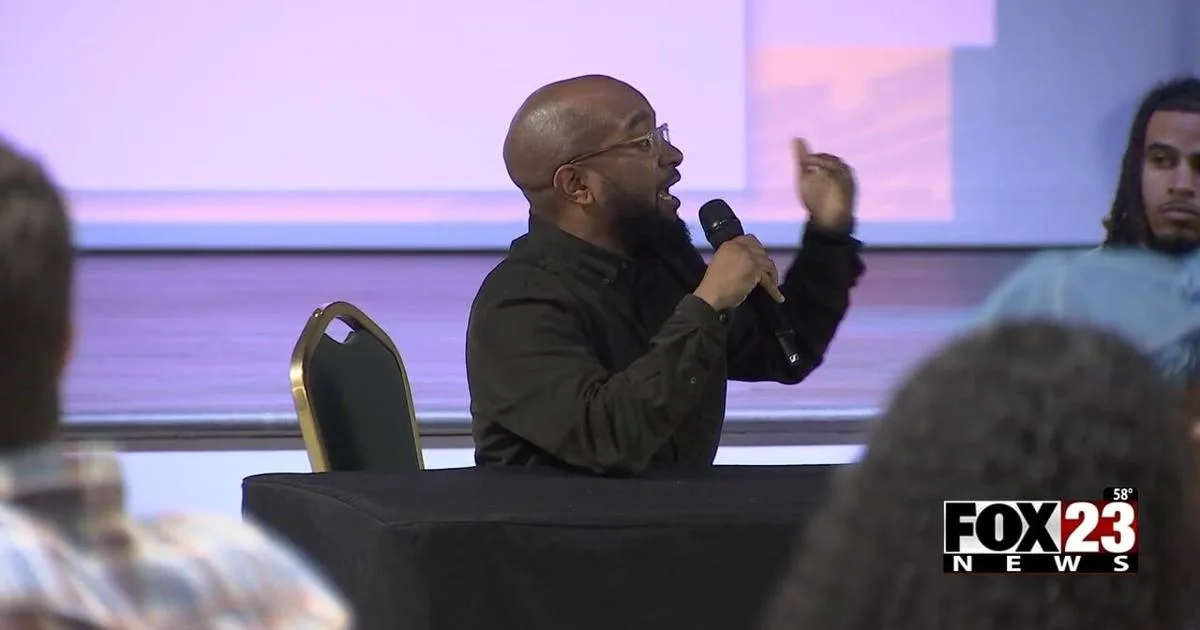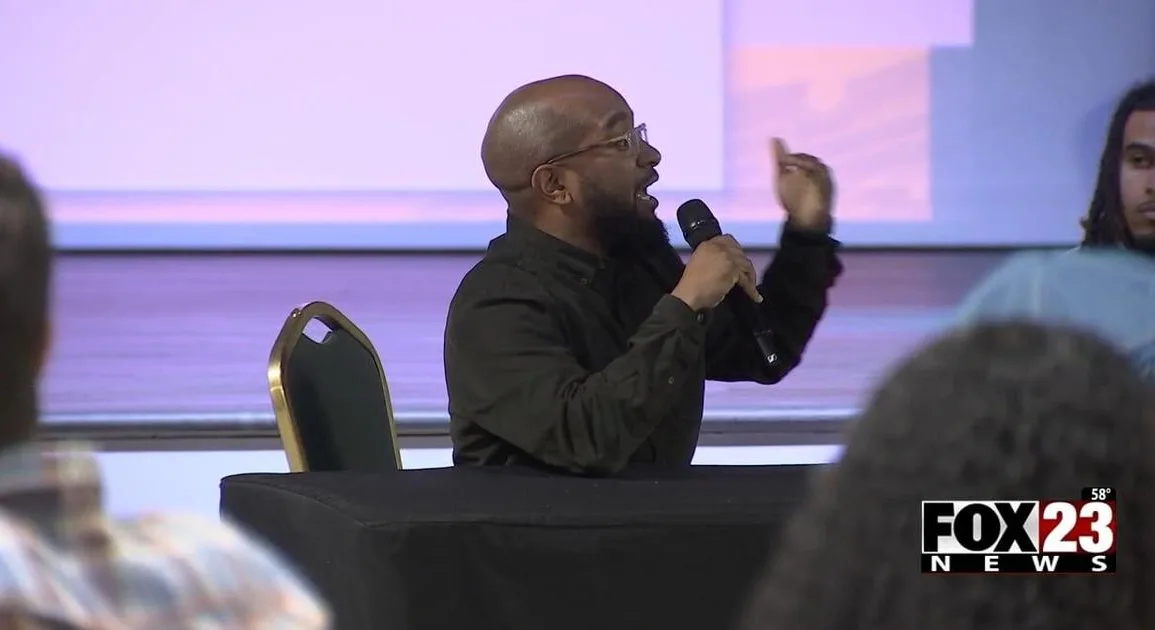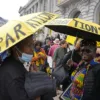
TULSA, Okla. — A Beyond Apology team meeting was held on Thursday to continue the community conversation on what repair and reparations should look like in Tulsa following the 1921 Race Massacre.
The Beyond Apology Report is a synopsis of community perspectives that took place between April and July 2023.
They took a deeper dive tonight to ensure that everyone is on the same page to move forward to what they define as a future characterized by justice and equality.
“Today’s meeting for the Beyond Apology process and the report that was just recently released, it was a series of community conversations around what repair and reparations should look like in Tulsa. Those conversations took place in 2023. We just released the report and we just presented to the city council and the mayor on the findings and the recommendations,” said Greg Robinson, project manager of the Beyond Apology Program and founder of Standpipe Hill Strategies.
Robinson said the point of this meeting is to report back to the community and update them on the ongoing process.
“We are project managing this work. We don’t own this work so we were able to present the findings of this report to the council and to the mayor. We want to present the findings of this report to the community and then allow for the three groups to hopefully come together and make tangible action that’s really what people have been waiting too long for people have died,” Robinson said.
Robinson said this conversation about repair and reparations is not just unique to Tulsa.
“We want people to understand that this conversation is not one that is unique to Tulsa. It’s happening across the country and there is a process and if you follow it, you can find a way to provide reparations for a harm. That can have a tremendous benefit not only on the community that has been historically harmed, but on the greater Tulsa community as well,” Robinson said.
Robinson said the next stop in this process is to establish a government task force for commission.
“The reason is if you think about reparations historically, it is when a governmental entity acknowledges harm and then says we are going to fix it. So the next purposeful step is to establish that commission that can then implement the processes within a reparations program,” Robinson said.
He is encouraging the City of Tulsa to look at the 2001 five recommendations by State of Oklahoma Commission and one in 2020 from the Human Rights Watch International Commission that gave concrete recommendations on how to provide proper reparations.
“The fact remains that you’ve got to say we’re going to do something before you actually put money to that thing and then we can see actual programs come out,” Robinson said.
Robinson wants the community to be educated on the history of the 1921 Tulsa Race Massacre so that they can begin to make a change for the collective good of everyone.
“I hope that we are able to educate our community as a whole and understand that we cant go back and not harm people the way that we did in 1921 and in the 100 years since. What we can do is remedy that harm and if Tulsa is able to take that collective step, we all will all be better for it,” Robinson said.
FOX23 spoke to a couple of Tulsans after the meeting.
“It’s a conversation and its also hope. Then you have to think in terms, we never give up. Even though we may not see the things now, we’re getting up in age, but we can say we’re keeping the conversation alive. So those that come behind us will still know that we didn’t just shut it down because I think for about 50 years or more Tulsa didn’t even talk about,” said Willetta Burks, north Tulsa resident.
Ian Gates from downtown Tulsa talked about the data that was presented during the meeting.
“What shocks me is There all these reports that’s coming out all this data that’s coming out and still nothings really got us into action,” Gates said.
To find the full report shown at the meeting, click here to go to the website.



